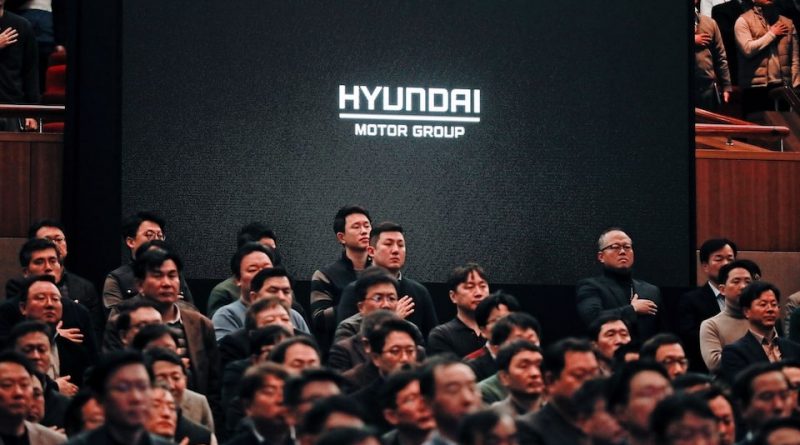Hyundai Motor Group Unveils $86 Billion Investment Plan in South Korea Following New U.S. Trade Agreement
Hyundai Motor Group announces a sweeping multi-year investment strategy aimed at strengthening domestic production, expanding EV capacity, and supporting future technologies as South Korea finalizes a tariff-reducing trade deal with the United States.
Hyundai Motor Group has announced a major domestic investment programme worth 125.2 trillion won, equivalent to nearly $86.5 billion, to be deployed from 2026 to 2030.
The move follows the confirmation of a new trade agreement under which U.S. tariffs on South Korean automobiles will be reduced from 25% to 15%.
This long-term investment plan significantly surpasses the group’s previous commitment of 89.1 trillion won between 2021 and 2025.
Hyundai says the expanded funding reflects both global industry shifts and the need to maintain competitive momentum amid trade-related uncertainties.
South Korean President Lee Jae Myung met with Hyundai Motor Group Chairman Euisun Chung and other industrial leaders shortly after the trade deal was detailed.
The deal also includes South Korea’s pledge to channel $350 billion into U.S. strategic sectors, adding weight to growing bilateral economic ties.
Chairman Chung acknowledged the concerns surrounding the impact of U.S. tariffs on export volumes and domestic operations. He said the group is committed to strengthening production inside South Korea while seeking new export markets to mitigate tariff-related challenges.
Chung added that Hyundai aims to more than double its automotive exports by 2030. A key driver of this expansion will be the establishment of new electric vehicle manufacturing facilities designed to accelerate global EV output.
The group also pledged targeted support for parts suppliers who may experience financial strain under the revised tariff environment.
Hyundai said these suppliers play a crucial role in maintaining stable production and advancing the nation’s automotive ecosystem.
Of the announced investment, 50.5 trillion won—about $35 billion—will be directed toward artificial intelligence and other future-focused technologies. This includes advancements in mobility platforms, next-generation software systems, and autonomous driving innovations.
Another 48.4 trillion won will be allocated to research and development initiatives, supporting new product design and engineering improvements. Hyundai emphasized that R&D remains central to its long-term competitiveness in a fast-evolving global market.
The remaining 36.2 trillion won is earmarked for optimizing domestic production infrastructure. Plans include facility modernization, expansion of EV assembly lines, and construction of a large new headquarters tower.
The company said these investments reflect a strategic balance between strengthening operations at home and expanding capabilities abroad. Hyundai noted that stable domestic production is essential to supporting international growth while managing trade volatility.
The new trade agreement between the United States and South Korea is expected to reshape automotive supply chains and export patterns.
Tariff changes introduced by the U.S. administration have prompted Korean automakers to reassess market strategies and accelerate EV investments.
Industry analysts say Hyundai’s latest move demonstrates a forward-looking response to shifting geopolitical and economic dynamics.
The automaker aims to leverage both technological innovation and factory upgrades to stay competitive in global markets.
The investment plan also aligns with South Korea’s broader industrial goals, including strengthening advanced manufacturing and enhancing long-term export resilience. Government officials welcomed Hyundai’s commitment, noting that it will support national economic stability.
Hyundai Motor Group continues to expand its EV portfolio as global demand intensifies. The company views electrification as a central pillar of its strategy for the next decade.
By combining domestic investment with trade-driven adjustments, Hyundai hopes to secure both operational stability and future growth.
The group signaled that the coming years will be marked by a stronger push toward technological leadership and global competitiveness.



